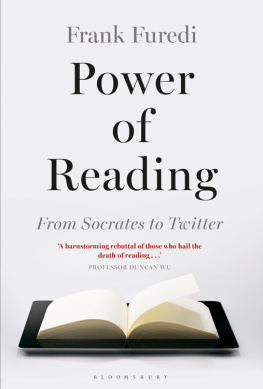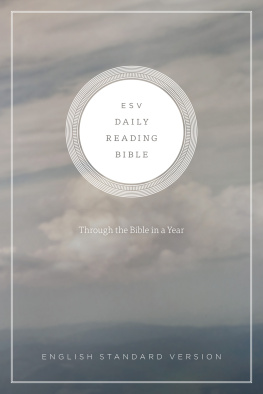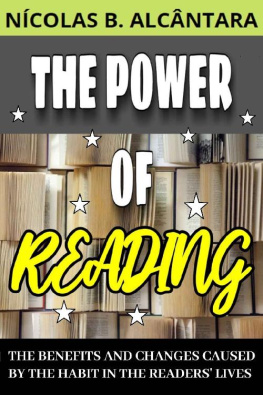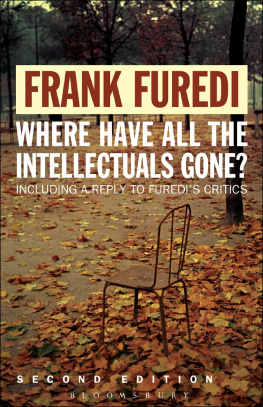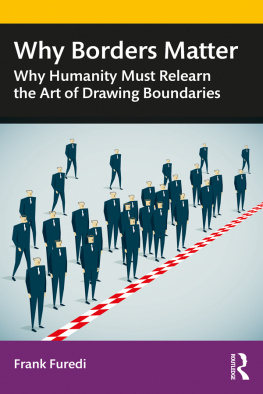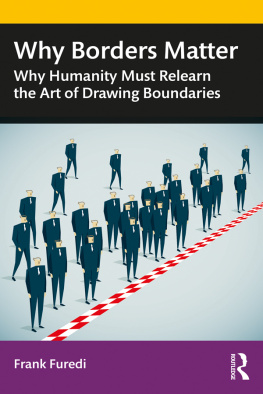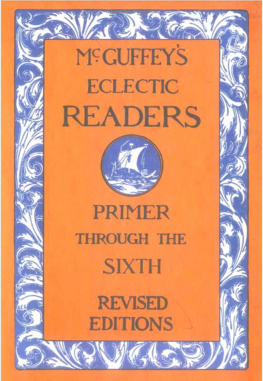
POWER OF READING
From Socrates to Twitter
Frank Furedi

To my father Laszlo,
who inspired me to love reading
Reading has transformed human consciousness and changed the world. Aside from serving as a powerful medium of communication and a source of pleasure, it opened the gate to knowledge about virtually everything that is important. Throughout the Anglo-American world, reading is confused with literacy. Literacy is a skill oriented towards the decoding of written texts, and in a modern society that relies so much on communication this is an essential skill to possess. But reading is much more than literacy. Reading involves interpretation and imagination; it is a cultural accomplishment through which meaning is gained. Reading between the lines allows readers to use their imagination and knowledge to understand and gain meaning from the text in front of them.
Apprehensions about the state of literacy are frequently coupled with warnings about the demise of books and the allegedly deleterious influence of the internet on our capacity to read. Those who lament the decline of the culture of reading are often rebuffed as cultural dinosaurs. It has become fashionable in some quarters to claim that in the world of ubiquitous connectivity, the book reader will be left behind by those setting out to find meaning through the resources provided by an ever-changing, instantaneous media-rich environment.
I intuitively felt that both sides of the debate about the future of reading and digital technology were one-sided and probably wrong. It was unlikely that the fate of the culture of reading would be determined by a new media technology: something else had to be at work. Since the act of reading has always had meaning that was influenced by prevailing cultural assumptions, I decided to embark on a historical reading of reading, to explore how its meaning for people and its impact upon them have been perceived throughout history. Here, I attempt to outline the complex and often contradictory meanings associated with this important endeavour.
Although I am a sociologist by trade, I draw on the perspective of history to emphasize contrasting themes as well as recurrent patterns in order to outline the distinct and unique features of a reading culture in the midst of the current transition from print to digital technology. My conclusion is that the culture of reading faces some serious challenges, but the drivers of these problems are not to be found in the domain of technology. The principal challenge we face is to revitalize the ethos that values reading as a cultural accomplishment in its own right. I can think of no better place to start than in our schools. Instead of training children to gain literacy skills, we should educate them to become readers.
The research for this book was facilitated by a grant from The British Academy and an Emeritus Fellowship from the Leverhulme Trust. I am grateful for their financial support. My colleagues Dr Jennie Bristow and Dr Ellie Lee were always a source of stimulating criticism. Nick Cater provided helpful advice on how to focus some of my arguments. My copy-editor Richard Mason did a great job on the text. Jamie Birkett of Bloomsbury was always helpful with his advice. I am indebted to my commissioning editor, Robin Baird-Smith, who from the start understood the importance of tackling this project and encouraged me at every stage.
Cadogna
Lombardy, Italy, 14 May 2015
Why is reading in the twenty-first century such a problem? When the word literacy appears in the news, it tends to be followed by some disquieting account of its precarious standing. The activity of reading has become entangled in numerous apparently diverse disputes, and the public language through which it is discussed frequently draws upon the rhetoric of crisis. The teaching of reading has become highly politicized, and in Anglo-American societies it has become a focus for intemperate arguments frequently referred to as the Reading Wars.
At the same time, the diagnosis for reading difficulties has become extensively medicalized. A growing number of people are declared to be suffering from one or more reading-related conditions, such as dyslexia. It is frequently claimed that the arrival of digital media has reduced attention spans, leading to gloomy predictions of the end of the book and the death of the reader.
The narrative of gloom that characterizes this cultural obituary of the reader stands in contrast to the manner in which the practice of reading was once regarded in literate societies. Great thinkers celebrated reading as a solution to the predicaments they faced; in the Judaic and Christian traditions, reading attained the status of a moral virtue, a medium for gaining access to the Truth. From the Renaissance onwards, the voyage of discovery of the self was guided by reading. The Enlightenment embraced the reader as the arbiter of rationality and progress. Democrats and revolutionaries looked upon reading as a moral and intellectual resource for the conduct of a vibrant public life and as a tool of social transformation.
By the eighteenth century, the idea of the love of reading took hold in many parts of the Western world, with reading increasingly regarded as a practice that was valued in and of itself. In the nineteenth century, reading was perceived as a source of self-improvement, motivating many people to learn to read by themselves or with the help of family members. Even throughout most of the twentieth century, literacy was seen both as a means of achieving enlightenment or pleasure, and as an instrument for helping to solve problems associated with poverty and economic stagnation.
So what has changed? Ours is not the first epoch to express anxieties and concerns about the role of reading and its impact on society. As we note in the chapters that follow, reading has always served as a focus of controversy and apprehension. Yet the common thread running through the ever-growing list of contemporary concerns indicates a more disturbing trend the apparent difficulty that modern societies have in affirming their cultural values. Many influential voices have become deeply ambivalent about the value and future of reading. Even educators and literacy theorists have called into question the authoritative cultural status enjoyed by literacy.
The invention and proliferation of new types of literacies visual literacy, aural literacy, computer literacy, emotional literacy, sexual literacy, ecoliteracy, media literacy, multicultural literacy, financial literacy implicitly calls into question the unique status and cultural authority of Literacy. The representation of reading as one literacy among many renders it banal.
The aim of this book is to explore the historical origins and influences that inform how we think about reading in order to understand what is distinct about the way in which society regards this practice today. It questions the current tendency to devalue and de-authorize the reader, arguing that despite technological innovation and the influence of new media, the humanist ideal of the discriminating reader capable of autonomous judgement should serve as the cultural ideal of the present day.
Current concerns about the deleterious influence of digital technology and the internet on literacy and the reader are misplaced. The cultivation of individual identity through reading provides enormous possibilities for personal development, and the challenge confronting society today is cultural and political, rather than technological.
Next page
